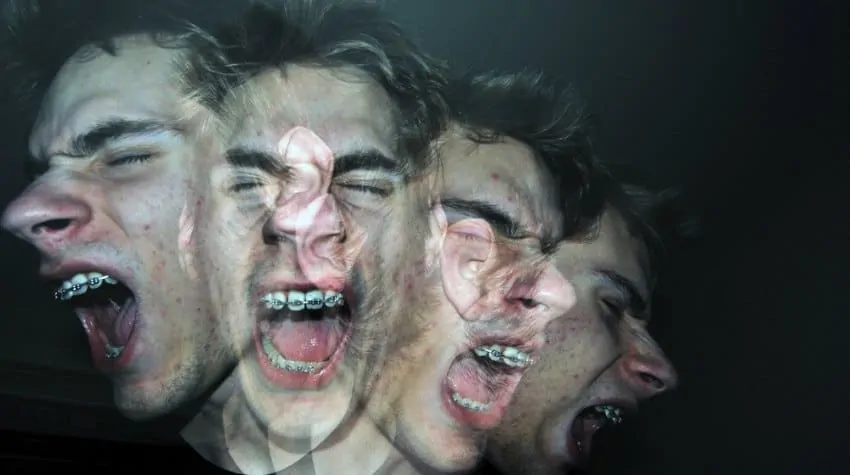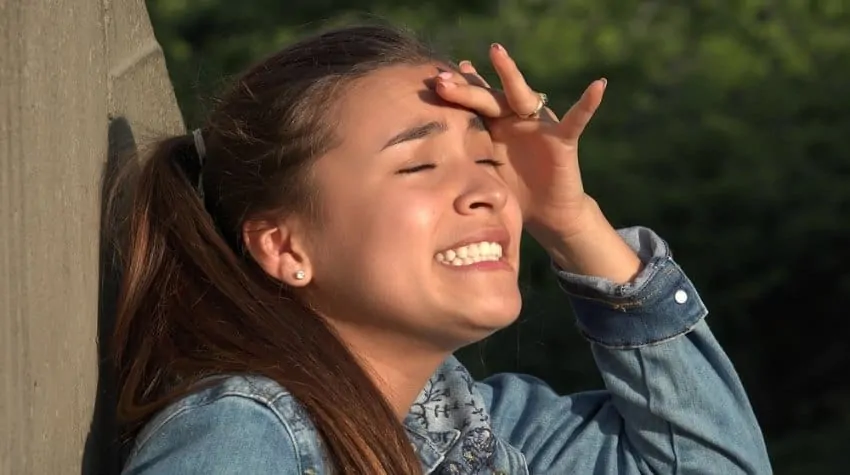Updated on October 2, 2020
Both Mania and Hypomania are two of the most common associations to Bi-polar disorder in teenagers. Bipolar conditions are accentuated by periods of depression (lows) followed by manic behavior (highs) and can fluctuate in severity on a case by case basis. The manic behavior cycle can typically be recognized by any number of symptoms.
Common Signs on Mania and Hypomania in Teens
Do think your teen may have manic behavior issues related to bipolar condition? Here are some common behavioral traits that may be signs of mania and hypomanic in teens and young adults:
Sudden Increase in Energy Levels
A noticeable increase in an individual’s energy level can be a sign of manic behavior trend. Signs of constant restlessness and lack of sleeping despite apparent high energy level are very common with manic behavior.
Speech Related Issues
The need to speak more frequently and about more varied and seemingly random subject matters is a common sign of a manic episode or trend. This can also be associated with an obsession or association with “clang speech”.
This condition presents itself with the trend of an individual to speak using repetitive wording of phrase that is associated by factors including alliteration, similar subject matter and rhyming. Such speech behavior is most association in the psychiatric world to manic behavior.
Increase in Risky Behavior
Teens suffering from mania and hypomania often will exhibit extreme behavior traits related to risky actions. Over sexual activity, gambling and excessive drug and alcohol abuse can all be signs of manic behavior.
In addition, overly aggressive commercial ventures may be present in adult behavior patterns related to hypomania. This trend in activity is most closely associated to a feeling on invincibility and carelessness that can accompany a manic period in bipolar disorders.
Inattentiveness and Delusion

The inability of your teenage boy or daughter to hold onto a single activity or thought for any substantial period of time can be a potential sign of manic behavior related to bipolar disorder. Mania and hypomania can make it very hard for an individual on a “high” point to contain their energy levels and thought patterns creating a very scattered personality type.
This is typically an easy to see symptom particularly if it also accompanies periods of depression and reclusive behavior patterns. Delusional thought process may also be a symptom, and, in some cases may present itself more severely. Extreme thoughts of unrealistic grandeur can be a sign of manic behavior and can be one of the more severe and potentially dangerous symptoms that can arise.
In extreme cases this delusion belief can be dangerous to both the individual as well as people and family that are around them. As is the case in any medical or psychological condition, be certain to contact a medical professional immediately if you suspect your teen may suffer from manic behavior related to bipolar disorder.
This can be a very serious and dangerous mental condition that needs to be treated. Only your doctor can come up with a treatment plan and strategy that will be effective for long term health benefits for your teen or child.



















